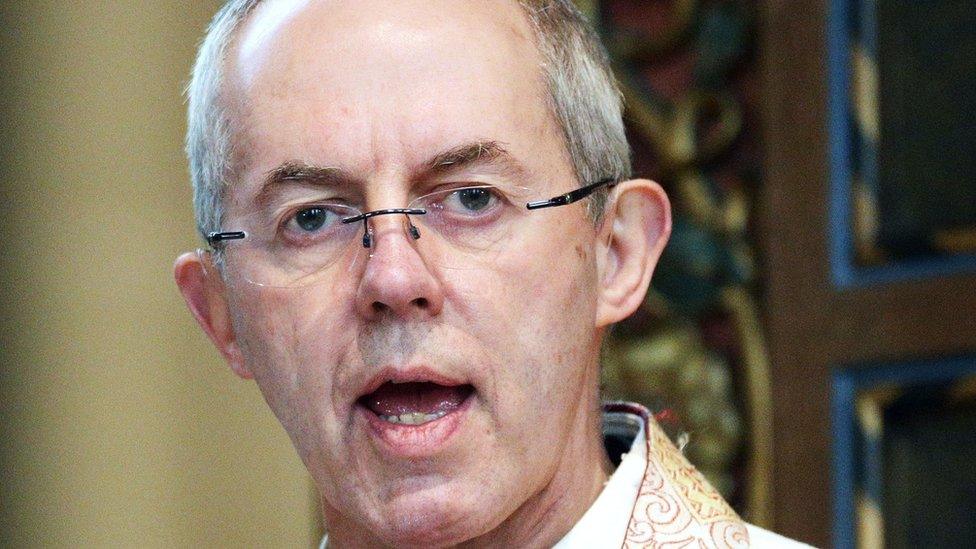Anglican 'unity over diversity' on gay marriage issue
- Published
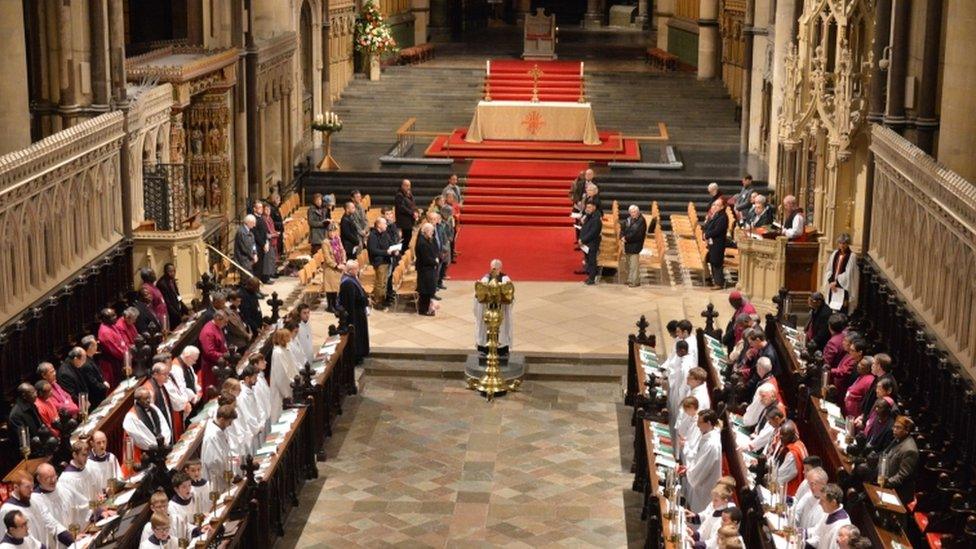
The primates of the Anglican Communion met in Canterbury
As Anglican leaders bar a liberal US branch from decision-making for allowing same-sex marriage, the BBC's religious affairs correspondent Caroline Wyatt considers what this means for the Anglican Church.
This has been a gruelling week for the primates of the Anglican Communion: 39 of them in total meeting for a make or break gathering, spending several days living, eating, praying and negotiating together in Canterbury over the future of the world's third biggest Christian grouping.
The meeting saw high stakes diplomacy by the Archbishop of Canterbury Justin Welby and his team, as the already fissiparous Communion threatened to split apart over the issue of same sex marriage.
The primates were kept well away from the glare of the media as the delicate talks got under way.
This was in the knowledge that comments in the public domain could prompt a walkout by the most traditionalist nations, who are part of Global Anglican Future (GAFCON) - a potential rival leadership should the Anglican Communion divide on this issue.
Their resolution was leaked on Thursday.
It shows that they have agreed that by recognising same-sex marriage, the Episcopal Church in the US departed fundamentally from the faith and teaching of the Anglican Communion on the doctrine of marriage.
The church will now be suspended from participating in the life and work of the Anglican Communion.
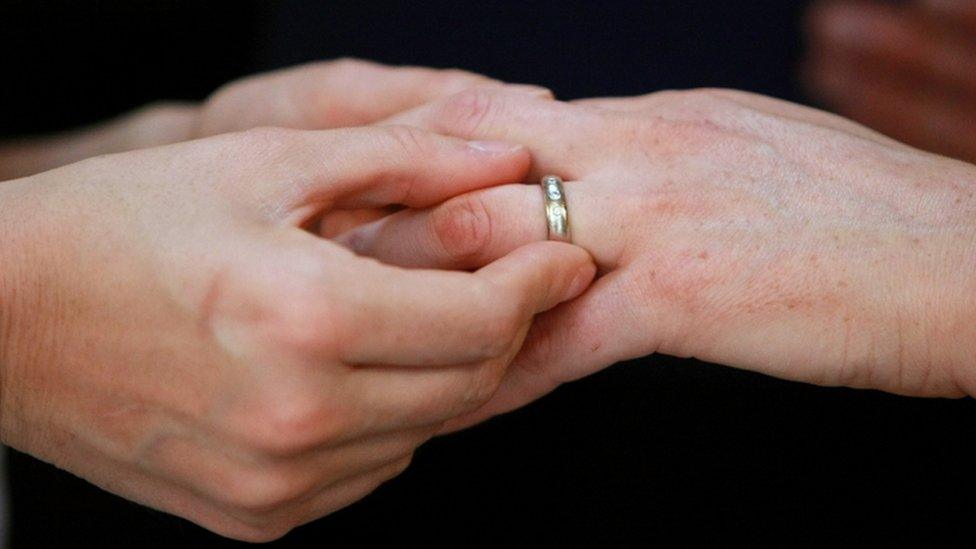
The deal is a major achievement in keeping the Communion together, but it remains fragile
The resolution stated that there were no victors and no vanquished.
But LGBTi Christians and others are bitterly disappointed by the result and had hoped to see more support from the more liberal churches.
In the end, though, it seems that the Anglican Communion as a whole valued unity over diversity.
And there was clear strength of feeling at the meeting that for the vast majority of Anglicans represented there, marriage remains between a man and a woman, for life - even if secular societies in the west have moved rapidly over the past few years towards recognising equal or same sex marriage after years of similarly heated debate over the issue.
So what does the resolution mean?
It is clearly a shot across the bows for any other Anglican churches that may be thinking about changing doctrine unilaterally.
The Anglican Church of Canada, for example, takes a similar position on homosexuality to the Episcopal Church, though it has not yet formally endorsed services of same sex marriage.
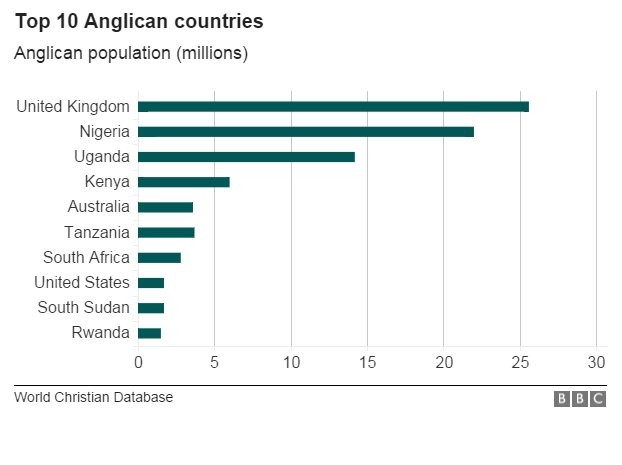
Many of the provinces represented in Canterbury this week are having their own discussions about sexuality and whether to bless same sex unions in the future.
This is an issue that will not go away, even if the primates would like it to.
'Extremely fragile'
The Church of England itself is holding shared conversations on sexuality, in which LGBTi supporters and opponents are meant to share their views (although some participants have been critical of the reality).
In the end, the action taken over the Episcopal Church will not have a major impact on its congregations.
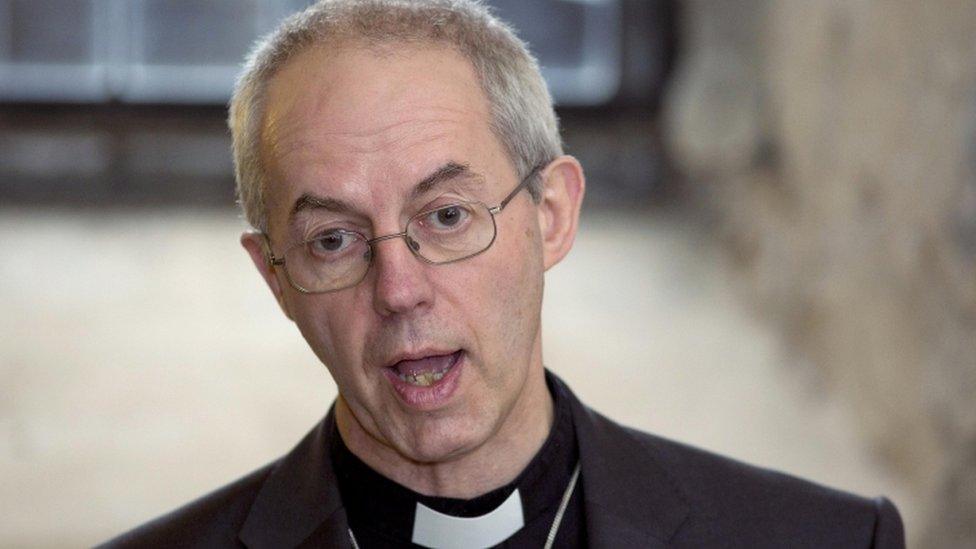
What 'walking together at a distance' means in practice will be tested over the next three years
However, it will make many LGBTi supporters and those in favour of equality for all congregants question the Anglican Communion's claim to represent a loving church.
Although the deal represents a major achievement in keeping the Communion together, it remains extremely fragile.
And quite what walking together at a distance means in practice will be tested over the next three years.
Traditionalists will not be reconciled to same sex marriage, but nor will LGBTi Anglicans and their allies be ready to accept inequality indefinitely.
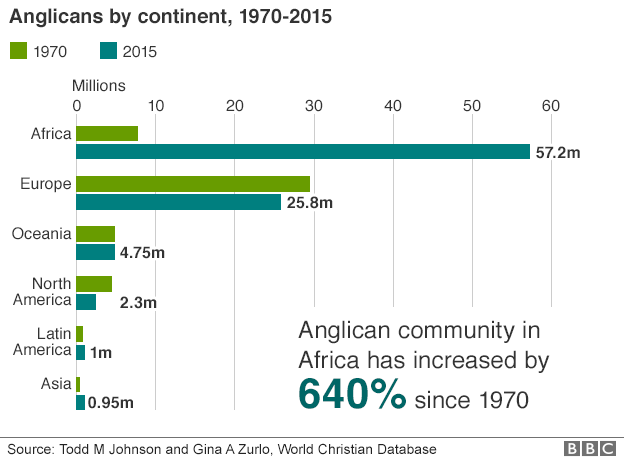
The power battle over who should lead the Communion in the future with congregations growing in the global south, especially in Africa, even as they decline in the west, means that this is more of a stay of execution than a permanent reprieve for the Communion.
It is likely to find itself returning to exactly these themes at the next Lambeth Conference, the date of which could even be announced later.
- Published15 January 2016
